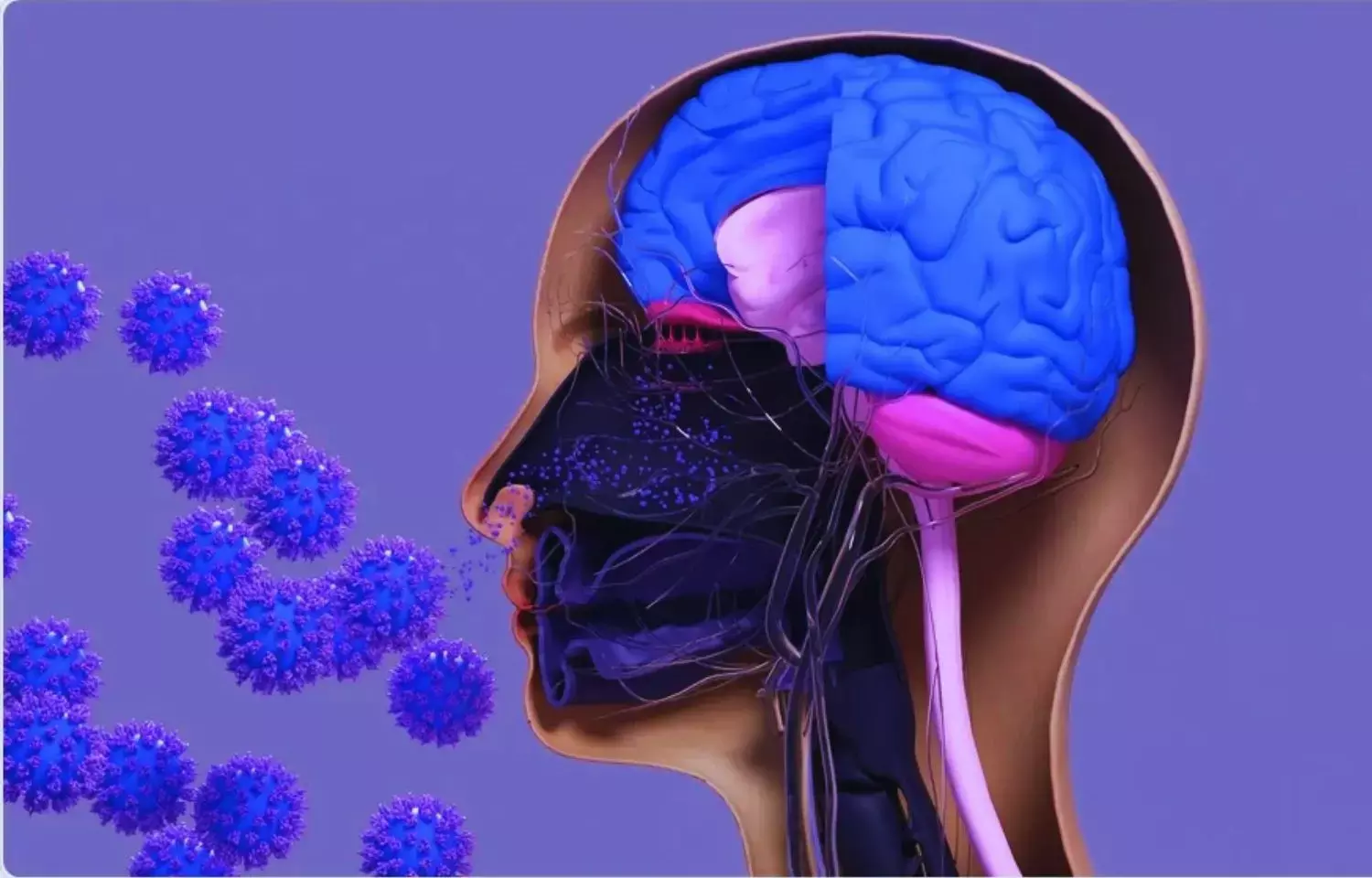- Home
- Medical news & Guidelines
- Anesthesiology
- Cardiology and CTVS
- Critical Care
- Dentistry
- Dermatology
- Diabetes and Endocrinology
- ENT
- Gastroenterology
- Medicine
- Nephrology
- Neurology
- Obstretics-Gynaecology
- Oncology
- Ophthalmology
- Orthopaedics
- Pediatrics-Neonatology
- Psychiatry
- Pulmonology
- Radiology
- Surgery
- Urology
- Laboratory Medicine
- Diet
- Nursing
- Paramedical
- Physiotherapy
- Health news
- Fact Check
- Bone Health Fact Check
- Brain Health Fact Check
- Cancer Related Fact Check
- Child Care Fact Check
- Dental and oral health fact check
- Diabetes and metabolic health fact check
- Diet and Nutrition Fact Check
- Eye and ENT Care Fact Check
- Fitness fact check
- Gut health fact check
- Heart health fact check
- Kidney health fact check
- Medical education fact check
- Men's health fact check
- Respiratory fact check
- Skin and hair care fact check
- Vaccine and Immunization fact check
- Women's health fact check
- AYUSH
- State News
- Andaman and Nicobar Islands
- Andhra Pradesh
- Arunachal Pradesh
- Assam
- Bihar
- Chandigarh
- Chattisgarh
- Dadra and Nagar Haveli
- Daman and Diu
- Delhi
- Goa
- Gujarat
- Haryana
- Himachal Pradesh
- Jammu & Kashmir
- Jharkhand
- Karnataka
- Kerala
- Ladakh
- Lakshadweep
- Madhya Pradesh
- Maharashtra
- Manipur
- Meghalaya
- Mizoram
- Nagaland
- Odisha
- Puducherry
- Punjab
- Rajasthan
- Sikkim
- Tamil Nadu
- Telangana
- Tripura
- Uttar Pradesh
- Uttrakhand
- West Bengal
- Medical Education
- Industry
Nasal epithelium of children may inhibit infection and replication of some strains of COVID-19 virus

SARS-CoV-2 causes a broad range of clinical symptoms, including potentially fatal acute respiratory distress syndrome (ARDS). A study published August 1 in the open access journal PLOS Biology by Kirsty Short at University of Queensland, Queensland, Australia, and colleagues suggests the nasal epithelium (the lining of the nose) of children inhibits infection and replication of the ancestral strain of the SARS-CoV-2 virus and the Delta variant, but not the Omicron variant.
Children have a lower COVID-19 infection rate and milder symptoms than adults. However, the factors driving this apparent pediatric resistance to COVID-19 infections are unknown.
In order to better understand lower infection and replication of ancestral SARS-CoV-2 virus in children, researchers obtained samples of primary nasal epithelium cells (NEC) from twenty-three healthy children aged 2-11 and fifteen healthy adults aged 19-66 in Australia. They exposed the cells of adults and children to SARS-CoV-2 and then observed the infection kinetics and antiviral responses in children compared to adults.
The researchers found that ancestral SARS-CoV-2 replicated less efficiently and was associated with a heightened antiviral response in the nasal epithelial cells of children. This lower viral replication rate was also observed with the Delta variant, but not the more recent Omicron variant.
The study had several limitations however, including a small sample size, so future clinical studies will be needed to validate these preliminary findings in a larger population and to determine the role of other factors, such as antibodies in protecting children from SARS-CoV-2 infection. Additionally, pediatric protection from emerging variants has yet to be quantified.
According to the authors, "We have provided the first experimental evidence that the pediatric nasal epithelium may play an important role in reducing the susceptibility of children to SARS-CoV-2. The data strongly suggest that the nasal epithelium of children is distinct and that it may afford children some level of protection from ancestral SARS-CoV-2."
Reference:
Yanshan Zhu, Keng Yih Chew, Melanie Wu, Anjana C. Karawita, Georgina McCallum, Lauren E. Steele, Ayaho Yamamoto, Larisa I. Labzin,Tejasri Yarlagadda, Alexander A. Khromykh, Xiaohui Wang, Julian D. J. Sng,Claudia J. Stocks, Kirsty R. Short, Published: August 1, 2022 https://doi.org/10.1371/journal.pbio.3001728
Dr Kamal Kant Kohli-MBBS, DTCD- a chest specialist with more than 30 years of practice and a flair for writing clinical articles, Dr Kamal Kant Kohli joined Medical Dialogues as a Chief Editor of Medical News. Besides writing articles, as an editor, he proofreads and verifies all the medical content published on Medical Dialogues including those coming from journals, studies,medical conferences,guidelines etc. Email: drkohli@medicaldialogues.in. Contact no. 011-43720751


